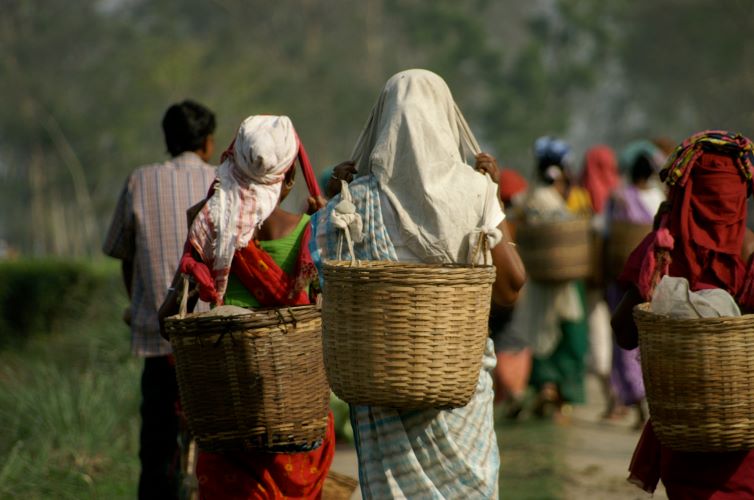Women prefer to live and work in southern Indian cities rather than their northern counterparts because these locations offer females better working conditions, inclusive industries, ease of living and better levels of personal safety, according to a recent survey by diversity consultancy the Avtar Group.
News
Women workers prefer southern Indian cities for safety reasons, finds report
Women prefer to live and work in southern Indian cities rather than their northern counterparts because these locations offer females better working conditions, inclusive industries, ease of living and better levels of personal safety, according to a recent survey by diversity consultancy the Avtar Group.
According to the study, the cities of south India are among the most favoured destinations for women looking for access to health, education, employment opportunities, social services and a safe environment for the female population. These are the parameters by which the United Nations judges cities as ‘women-friendly’.
 Photo iStock credit GCShutter
Photo iStock credit GCShutter
According to the Top Cities for Women in India report, Chennai topped the list in the category of cities with a population of one million-plus, with a ‘city inclusion score’ (CIS) of 78.41. This was followed by Pune (69.44) and Bengaluru (64.48). Delhi – ranked 14th with a CIS of 41.36 – scored more 30 points less than the highest favoured destination for women, Chennai.
The cities were evaluated on two factors to decide their CIS – their social inclusion score (SIS) and industrial inclusion score (IIS). SIS comprises social factors that make a city liveable for women and IIS measures the extent to which organisations across the city are inclusive of women.
Alongside Chennai, Coimbatore and Madurai in Tamil Nadu made it to the top 10 on the list of cities with a population of more than one million. Interestingly, in the ‘less than one million population’ category, the top five ranked cities are also found in the state of Tamil Nadu – Tiruchirappalli, Vellore, Erode, Salem and Tiruppur, in that order.
Overall, cities from Tamil Nadu emerged at the top in both categories — cities with more than a million and less than a million population.
“This is a clear indication that the cities in the state [of Tamil Nadu] fare comparatively better on livability,” said the report.
When analysing the state averages for City Inclusion Scores, Kerala emerged on top with the highest state average of 55.67. South Indian states held the top three spots for state averages, namely Kerala, Tamil Nadu and Karnataka. The other two states were Maharashtra (from the west) and Himachal Pradesh (from the north).
When comparing the average scores of each region, the report found that south India emerged on top closely followed by the west. According to the report, south India scored an average of 46.17 and the west 41.13. North Indian cities came third with an average of 36.03, followed by the central region at 31.17 and east at 29.43.
Out of the 111 cities included in the study, only 47 of them were found to be above the national average of 37.75. However, smaller cities fared better than metros, with tier two and tier three cities (which make up the less than a million category cities) having comparatively higher scores than the average.
Saundarya Rajesh, founder and president of Avtar Group, said: “The fact that the south and west regions are more women-friendly in terms of employment is not a surprise, given the politico-historic context of these regions.
“The rise of cities like Hubli, Nagpur, Ahmedabad and Coimbatore as promising hubs of women’s employment, due to their high industrial inclusion scores is very heartening.
“Metros like Delhi and Kolkata have fallen
behind in terms of social inclusion due to lower standards of safety and poor enablers for women to pursue employment.”
Read the Top Cities for Women in India report here


NEWS

India’s social security coverage doubles to almost 50 per cent, says ILO
By Orchie Bandyopadhyay on 08 April 2025
The proportion of India’s population covered under some form of cash paying social security protection has almost doubled in just three years, according to a new International Labour Organization (ILO) report.
Venue owners have two years to tighten up safety as Martyn’s Law passes Royal Assent
By on 01 January 0001

